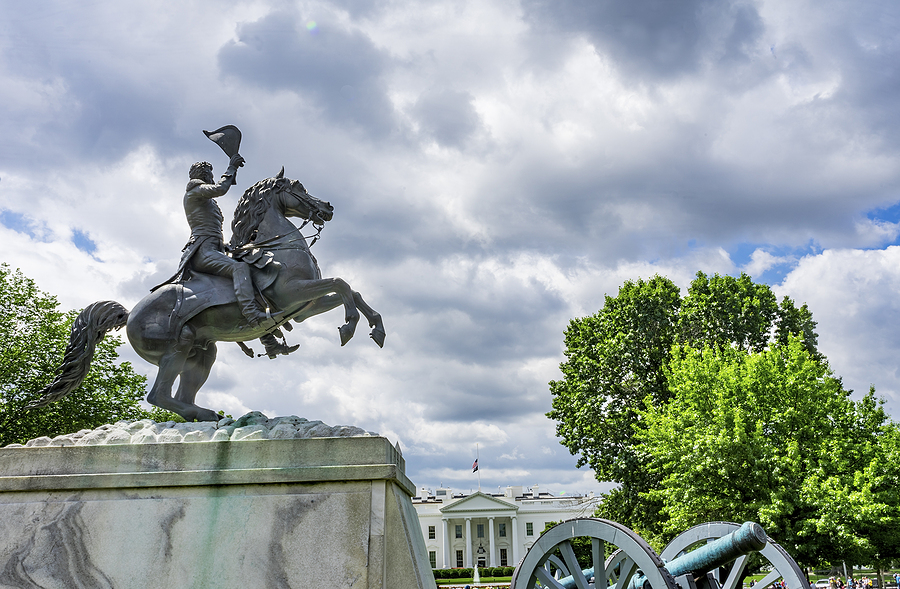It’s finally here.
The road has been unbearably long and excruciatingly painful, but our election season has finally reached its end. After nearly nineteen months of personal insults, pathetic walk-backs, and multiple assaults of racist and misogynistic comments, Americans have absolutely had enough of this process and the personalities that are involved in it. Regardless of one’s political sensibilities (or lack thereof), there is probably a good chance that you’ve found yourself asking a similar version of the following question – do other countries have to deal with this insanity? Is there a better way?
That is, of course, an incredibly difficult question to answer, and any extranjer@ that has spent any meaningful amount of time living in Spain would probably have a difficult time giving a straight and unequivocal answer to this. While the actual “campaign” portion of a Spanish election only lasts a mere two weeks (I’ll give you a minute to contain your jealousy…), the Spanish public is also subject to some of the potential pitfalls of a parliamentary system that the American system is not. In fact, Spanish voters just recently narrowly avoided having to go to the polls for the third time in the last year.

But from the standpoint of an American that finds themselves interested and engaged in Spanish political life, the difference between the two countries is less about elections and parliamentary procedure and more about the profound social and cultural differences that exist between the two societies. In this sense, the two nations’ shared histories can often be tinged, shadowed, and redefined by elements of their respective pasts that can be mostly unknown to anyone that isn’t familiar with the details.
To better explain this, I’ll start with a pretty obvious statement – Spain is old. Like, old to the point that it’s hard for someone from a young nation like the US or Canada to truly comprehend what that means if you haven’t seen it first-hand. It’s evident before you even land at Barajas – the land itself looks jagged and ancient, and the layout of the towns and cities that spot the countryside look like something that would not be out of place in a dragon’s-eye view of the Dothraki Sea. From the air, it’s easy to discern the feudal and pastoral roots that spawned the people that we loosely (and, often, inaccurately) refer to as “Spaniards” today.
On the ground, you get a sense of how the country is truly a patchwork of different cultures, norms, languages, and ways of living that, in many cases, only have in common what you had just seen as you were making your final descent. Spain’s political history is defined by the push, the pull, the action, and the reaction that exists not only between these different ethnic and cultural groups, but by the systems of social and economic stratification that exist within the groups themselves, and the patchwork that holds it all together.
These aspects contribute greatly to the historical memory of Spain, and the depth and breadth of this memory is what sets this country apart from younger ones. Nearly every element of Spain’s history – from its Roman roots to its colonial wealth to its iron-grip fascism – are present in both its walking-around daily realities and its intense, relentless sociopolitical discourse. Because of this, I really feel like Spanish society and the men, women, and children of all the groups that comprise it have within them an inherent wisdom that is a product of this long, rich history. To an outsider like me, to be Spanish is to know how to balance one’s life for the sake of living; knowing how to interplay obligation with desire, work with life, conflict with compromise, love with quarrel, and violence with peace.
Now that I think of it, Spain is sort of like a grandparent.
 And like a grandparent, they can sometimes – despite their profound wisdom – have trouble getting accustomed to new things that the rest of the modern world has caught on to. One needs not to look any further than Spain’s post-Franco shift to democracy; while currently stabilized after a tenuous and volatile period in the 1980s, it is currently going through some growing pains that many younger nations have arguably already sorted out at some point in our history.
And like a grandparent, they can sometimes – despite their profound wisdom – have trouble getting accustomed to new things that the rest of the modern world has caught on to. One needs not to look any further than Spain’s post-Franco shift to democracy; while currently stabilized after a tenuous and volatile period in the 1980s, it is currently going through some growing pains that many younger nations have arguably already sorted out at some point in our history.
But in reality, all of this points to the importance of the cooperation and exchange of people, policy, and ideas between all nations, young and old. Just as someone of a younger generation can benefit from the profound wisdom of an older one, so too can the older one learn from the ideas of the young. The concept applies equally to nations in both social and political senses, and it speaks to the importance of not only striving for unity and solidarity, but also quashing out the voices that clamour for isolation, insulation, and alienation.

